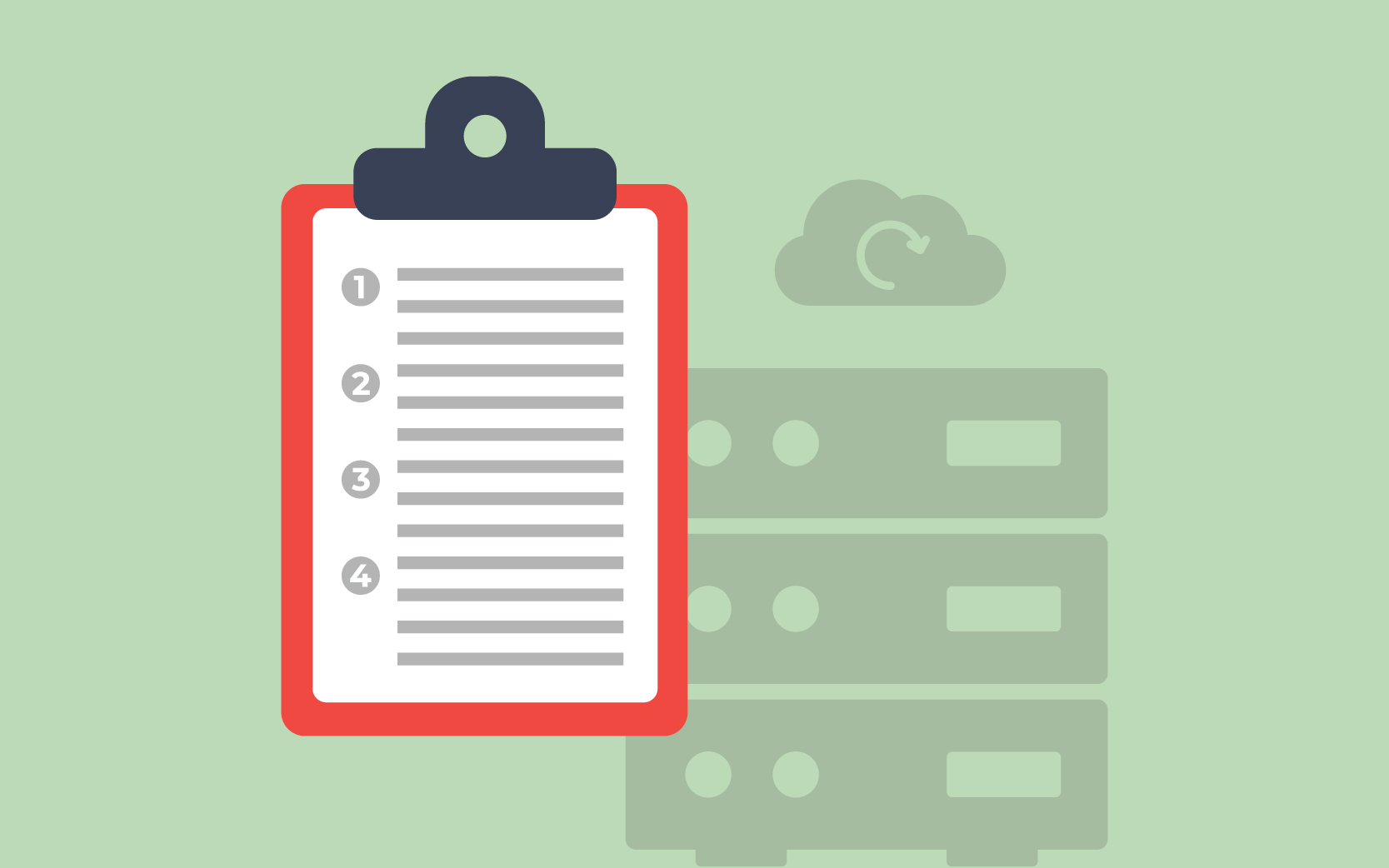Business continuity 101: Innovating with disaster recovery

Businesses today face the pressure of being available and accessible 24/7. This stressor mainly falls on the business technology and infrastructure, or more specifically, on IT leadership. One way to guarantee as much availability as possible is by minimizing downtime during disruptions and ensuring business continuity.
What is business continuity?
To keep it simple, business continuity is how capable your business is at continuing to operate after a disruption happens.
So, when the lights go out, how quickly can you turn them back on and pretend that nothing happened and everything is fine? The act of “turning the lights back on” or getting back to normal is easier with a plan. That’s where disaster recovery (DR) comes in.
How does disaster recovery tie into business continuity?
Disaster recovery is your plan of attack when an incident occurs that allows you to act quickly to recover from that incident. It can include anything from communication plans and backup checks to asset inventory. Disaster recovery plans should be rehearsed and revised regularly.
As Ernesto Couso wrote in our recent post about the benefits of DR, “A disaster recovery plan maintains the continuity of the IT services of the business, regardless of the problem or incident that occurs, and the severity of it. Whether it is a denial-of-service attack on servers, a fire that affects the data center, or a user error that eliminates important data, with a DR plan, you can act agilely to ensure business continuity.”
Disaster recovery and security expertise from Wursta: your cloud collaborator
As technology consultants, we provide expertise in cybersecurity, network infrastructure, and disaster recovery. We’re here to help you create a plan to recover from disruptions or outages. We can also guide you through revisions if you currently have a plan in place.
As we all know, disasters can happen to anyone. It’s not an “if” problem, but a “when.” The best plan of attack is to be prepared.
Business continuity plans are as unique as a business’s priorities. We’re here to help investigate what’s right for you. If you’d like to learn more, let’s connect.



